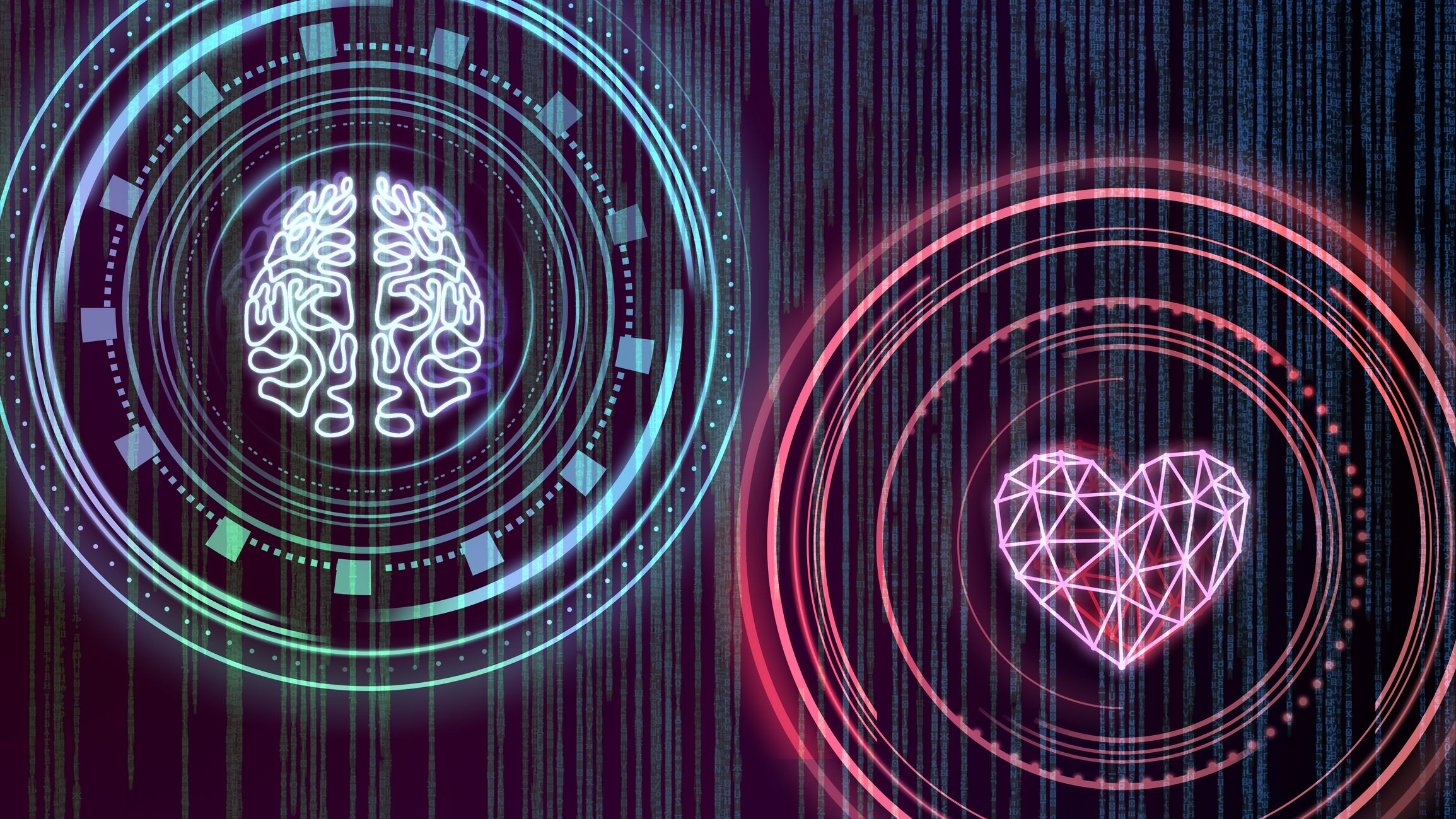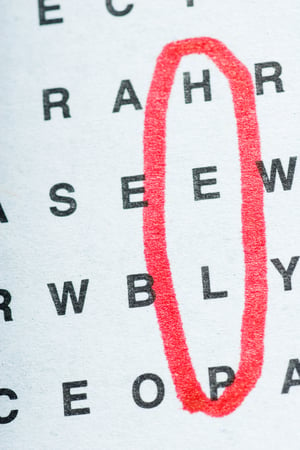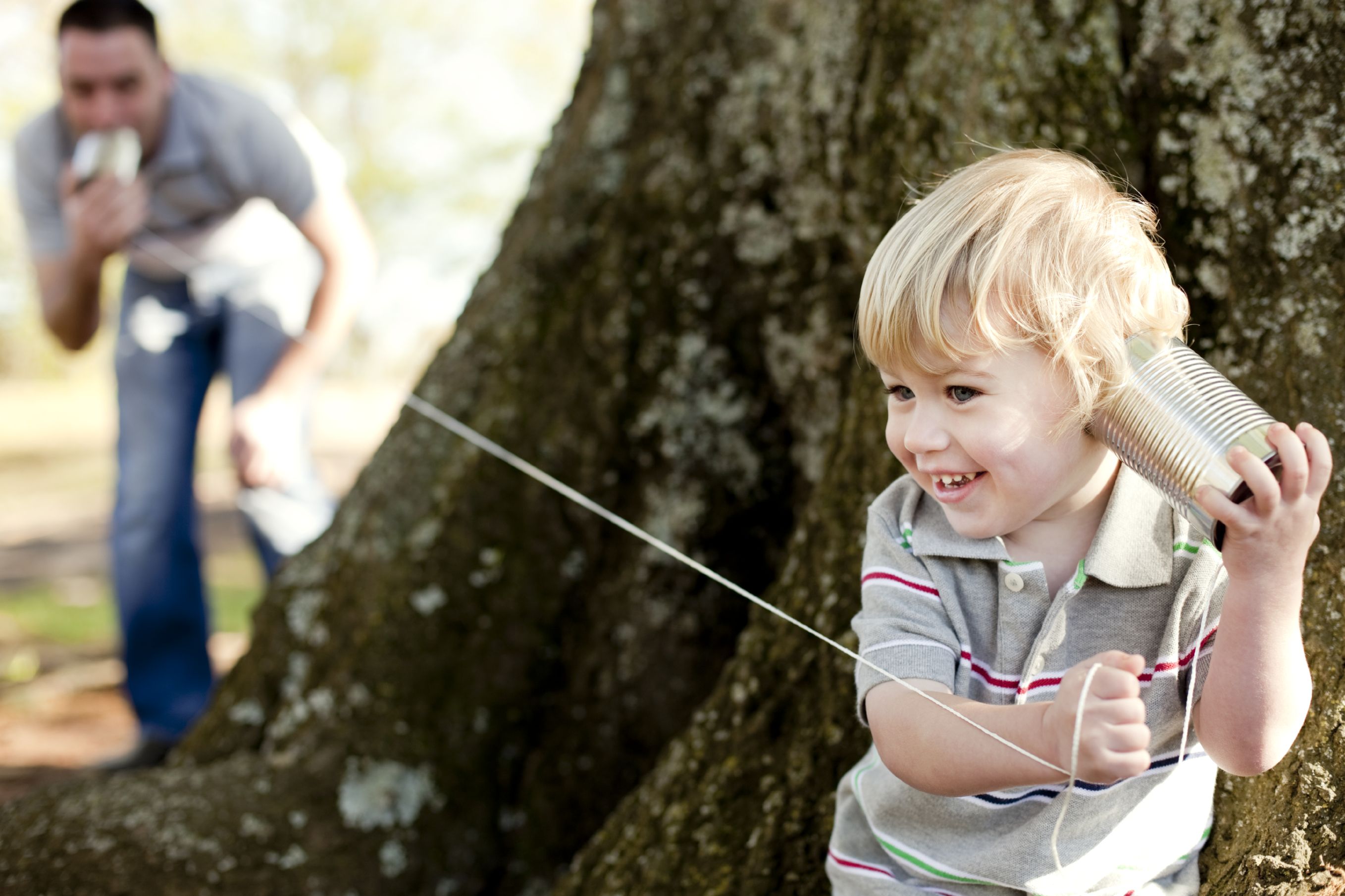"Forgiveness" is a term used so often that few people question its intrinsic value. You'd probably agree that asking for and offering forgiveness has become common practice. Just like many others, I was taught growing up that when you hurt someone—even accidentally—the right thing to do is to say you're sorry and ask for forgiveness. Children quickly learn when adults expect an apology, even when a child may have lacked the skill to respond differently.
Have we erred and put too much emphasis on behavior and not enough attention on understanding the person and their needs?
Estimated reading time: 5 minutes
Can you ever forgive me?
You're probably familiar with a common response such as "Can you ever forgive me?" This question indicates that we believe on some level that there are certain unforgivable actions.
Many may be surprised for me to question the long and treasured tradition of forgiveness and how we view love in the context of forgiving and loving one another. However, the concept of forgiveness is based on a belief that when people are unloving, they are capable of acting differently than how they're behaving at the time.
Today's brain research and studies show that charged emotions and triggers from past trauma impair us, and the conscious and rational part of our brain is taken offline, often making us unable to respond differently, at least in that instant. Our experience in the present is as if we are reexperiencing the original trauma with the same intensity.
With greater understanding, we are reassured that we are forgivable.
Are we emotionally handicapped at times?
It is easy for us to watch infants learning to crawl and not expect them to ride a bike. It's a simple conclusion to see a crippled child and not expect them to run the 100-yard dash. And it is effortless to understand that a blind person might lack the agility and stealth as a person who has sight. But when we see someone expressing emotions such as anger or self-pity, we often harshly criticize these emotions. When someone acts out during very emotional times and perhaps even says or does something hurtful, we deem that action totally unacceptable.
But aren't they emotionally handicapped at these times? And are some people more emotionally handicapped than others? I believe so.
When a person lashes out at another because of their emotional pain or lack of skills, we quickly judge their behavior as wrong. And then we "forgive" them. But we would never need to forgive anyone if we hadn't judged them first. And I would venture to say that when we judge, punish, or estrange people who act out emotionally, we do them and ourselves a great disservice.
Our brains are the hard drive of the soul.
Dr. Daniel Amen refers to our brains as the "hard drive of the soul." Why? Because science now strongly indicates that people are dependent on the quality of their brains and how they are wired. And our brains and the intricate road map of neural pathways are built by several factors: DNA (nature), our environment growing up and the responses of our caregivers (nurture), nutrition, and quality of life. There is also the consideration of dropped stitches in our development due to trauma, deprivation, or ignorance.
However, unlike the compassion we give to people with physical handicaps, when it comes to emotional outbursts and inappropriate behavior, we often don't really try to understand. In our minds, there is simply bad behavior and good behavior, unacceptable behavior and acceptable behavior, unloving behavior and loving behavior.
 But what if behavior is only a code for a person's unmet needs, lack of skills, or emotional pain?
But what if behavior is only a code for a person's unmet needs, lack of skills, or emotional pain?
What if when a person lashes out at another, it's an SOS for love, a cry for help?
Just as a drowning person will drown anyone in arm's reach to get a gulp of air, a person in emotional pain also experiences what I refer to as an eclipse of the heart. It turns out that a brain can be gasping for air, too. The brain's air is safety.
A threatened brain seeks safety
When threatened, we as humans react to survive. In fact, our brains are programmed for survival. The tricky part is that we perceive danger differently due to past experiences. A young boy who has been beaten cannot be expected to respond to life with the same trust and vitality as a child who has been raised with love and secure attachment.
We have made behavior a measuring rod of goodness—but people are all innately good and loving. Some people have had experiences, though, that have taught them that life is unsafe.
We all have a right to dignity and respect, independent of how we act.
When we accept our humanity and the humanity of others—recognizing that by definition, being human is to make mistakes—our tolerance and compassion increase. When we truly understand a person (and the experiences that have created their behavior), we no longer need to forgive their behavior. Compassionate empathy and giving a helping hand are how we provide courage to keep going when we falter as human beings. How to Forgive Someone
How to Forgive Someone
Throughout my life and in my many years of working with children and adults alike in their conflicts, their pain, and their longing for healing and peace, I have discovered a reoccurring theme. No matter how unloving a person may seem, everyone is seeking to be loved and to love. All unloving behavior is unconscious behavior that blinds us temporarily and prevents us from acting with love, just as a broken arm would keep us from swimming.
So how do we forgive someone when we don't feel like it? Our resistance to forgive stems from our lack of understanding of another's experience and the underlying pain that drives their unloving behavior.
When we feel hurt, we often lash out and hurt the other person to show them how badly we are hurting. We seek closeness and understanding but our heart has been eclipsed by pain and lashes out instead. Therefore, to forgive someone, we must first look inside ourselves.
Having emotional intelligence asks us to remove the block to our love and accept all the conflicting feelings within ourselves. Self-acceptance opens the door to forgiveness. But here's the rub.
We must experience love to be loving.
We don't judge or fault our computers because Excel or Word doesn't launch when we haven't loaded the program. If a person hasn't learned how to communicate in a respectful way, they need us to model respect, not punish them. If a person isn't able to respond patiently, they need to be shown patience.
Our collective experiences download what we know. We must experience love to be loving. When we view behavior from this perspective, we no longer need to forgive anyone. We simply need to understand, accept, and love them unconditionally.
 When we love unconditionally, we keep the channels of communication open even when it's hard. Therefore, the essence of forgiveness is understanding.
When we love unconditionally, we keep the channels of communication open even when it's hard. Therefore, the essence of forgiveness is understanding.
When we use our higher mind to seek to understand and our heart to extend compassion to ourselves and others, forgiveness is a natural outcome. It is the irresistible solvent that dissolves pain and repairs a lost connection, restoring us to love.
Does that mean we just let everyone off the hook no matter how bad their behavior is because they had a rough childhood? Absolutely not.
When anyone acts unloving, they are reaching out for help but may not have learned how to ask for help without hurting others. They don't need forgiveness as much as they need others to care enough to hold them accountable to be better. When our boundaries for others' behavior are loving and firm, we give them a standard and an opportunity to heal and self-correct.
As the late Stephen R. Covey, author of "The 7 Habits for Highly Effective People," taught: "Seek first to understand." When we focus on understanding people, we will stop judging their behavior. And when we stop judging their behavior (and ours!) and accept our common humanity, we will no longer need to forgive anyone.
Loving behavior is a natural unfoldment of being loved.
We are all naturally loving when our basic needs are met and we receive the love that is our heritage.
I recently came across this writing by Jeff Foster and thought that it was a beautiful depiction of living in the present where understanding and compassion shine brightly. See what you think.
|
A FORGIVING MOMENT Don't try to forgive. Forgiveness is not a 'doing'. Simply accept that this moment is exactly the way it is right now. Accept your non-acceptance in the present. Forgive your inability to forgive. Feel your breath, the sensations in your body, the life that burns brightly in you. Everyone is doing their best, even when it seems like they are doing their worst. You don't have to condone their actions. You may not be able to wake them up. You don't have to like what happened. Simply let go of the illusion that it could have been any different. You are different now, anyhow. Don't focus on something you have no control over. The past is a distant land. Bring your attention back to this moment, your source of true power. Wake up from the dream that anyone has any power Drop the need to be right. Come out of the story of 'my life'. Be here, in your new life. This is forgiveness. ~Jeff Foster |
If you want to learn to set better, more effective boundaries, try our standalone online course, "Healthy Boundaries, Happy Life." It's a simple and practical how-to guide.
For support and help to heal the obstacles to love and loving, contact Heartmanity today. It's our mission!









